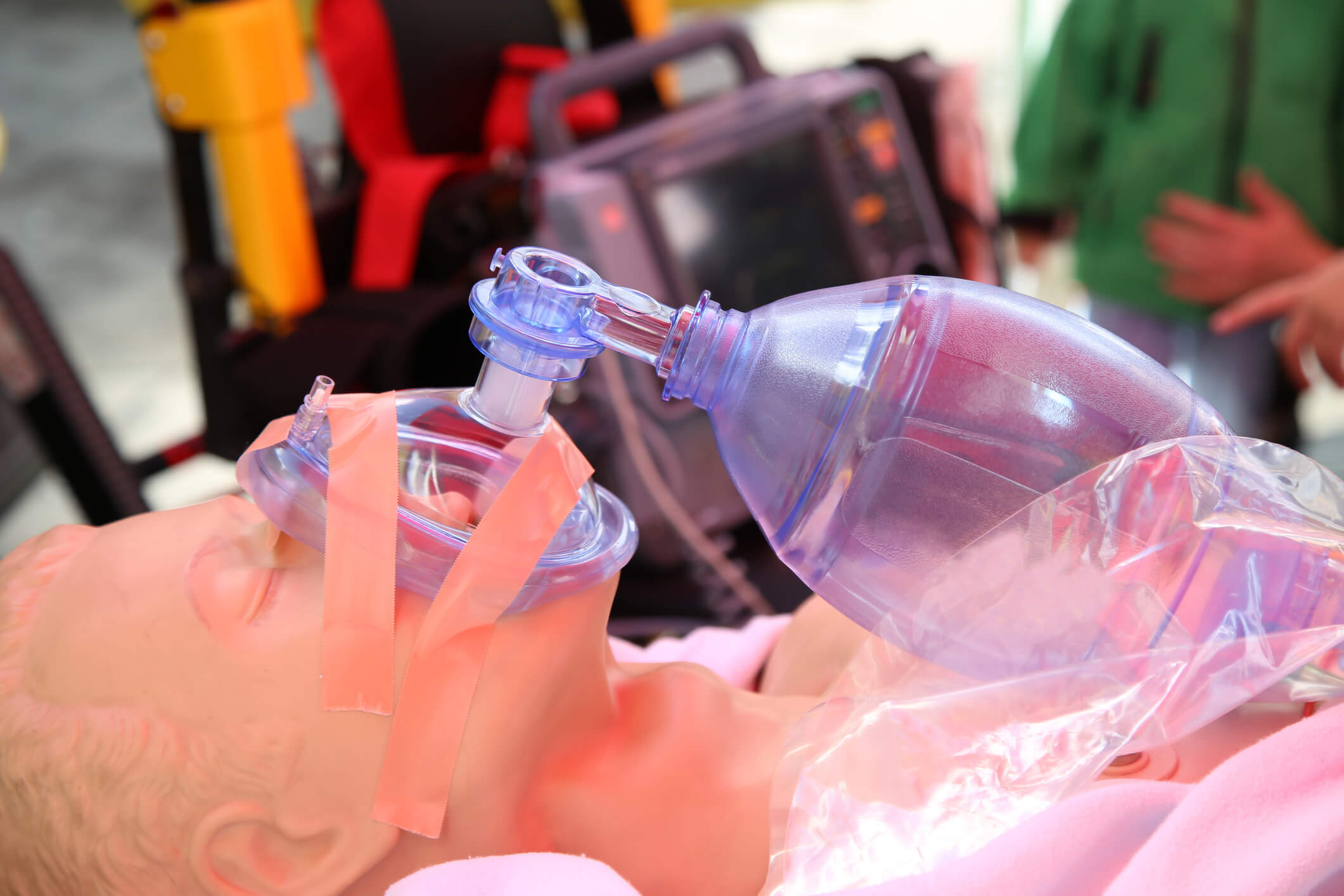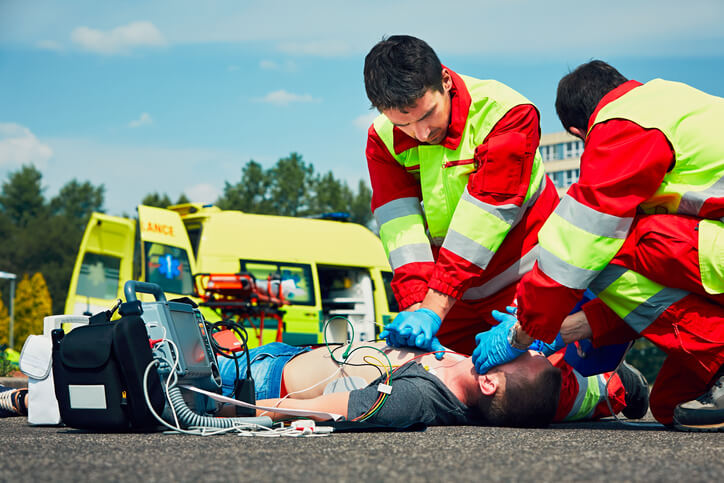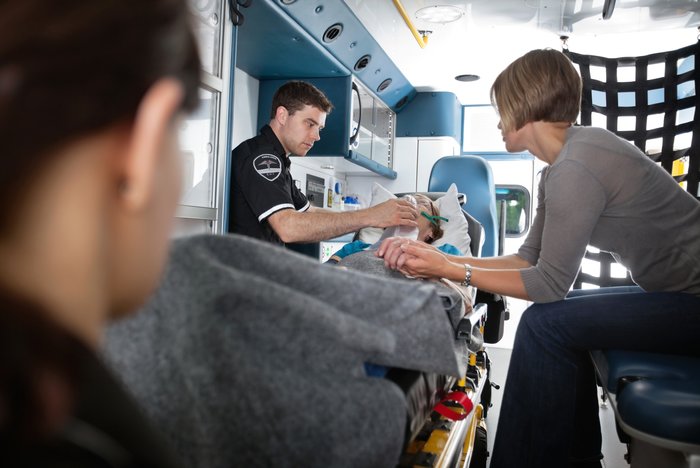Prehospital airway suctioning can treat aspiration, choking, obstructed airways, and other common emergencies. Yet many first responders spend little time thinking about, let alone practicing, this vital skill. Because all interventions, including suctioning, carry some risks, this lack of experience may make providers reluctant to suction patients. Training EMS teams on prehospital airway suctioning can counteract this reluctance and empower teams to provide prompt, efficient, effective care in a wide variety of emergency settings.








.jpg)













